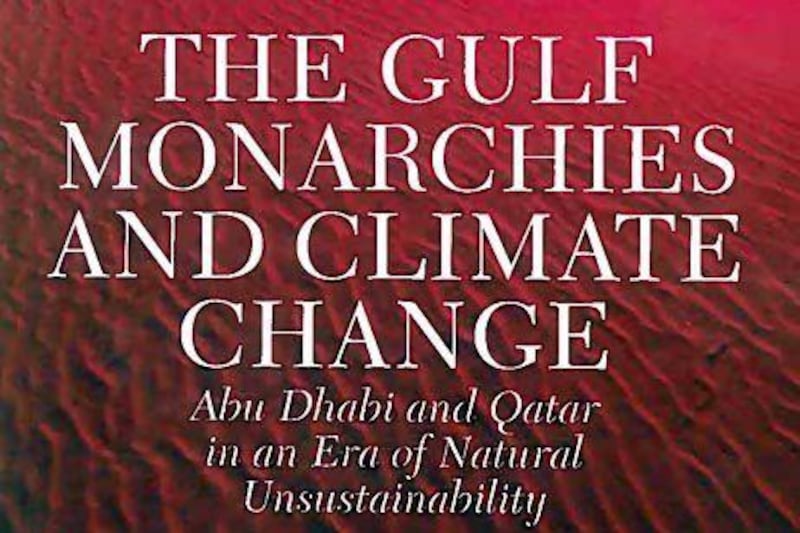Academic legacies are built upon the timely invention of words. Try imagining Edward Said without orientalism, the term that unleashed a new way to examine colonial-era representations of the Middle East, or Jacques Derrida sans deconstruction, the bane of French literature students. Think up a good enough intellectual meme, and you can launch a new line of thought.
The latest entry is "natural sustainability" - the Finnish researcher Mari Luomi's term for using resources in a way that allows for present and future prosperity without excessive harm to the environment. Ms Luomi, who has consulted for the Qatari government and conducted extensive interviews and research in the region, examines what she calls the "natural unsustainability" of Abu Dhabi and Qatar in her book The Gulf Monarchies and Climate Change, which came out late last month.
"The prevailing domestic natural resource consumption patterns have caused unprecedented stress on the region's fragile desert environment. And with the projected impacts of climate change, these existing pressures are likely to intensify," Ms Luomi writes in her introduction.
Later, she notes: "In the past decade, Qatar produced about 50 tonnes of carbon dioxide per inhabitant each year - a dozen times more than the global average. If all the people in the world had the lifestyle of an average United Arab Emirates resident, it would require five planet Earths' resources to sustain them."
The Gulf Monarchies and Climate Change is the most comprehensive examination yet of the rapid changes in regional energy and environment policy that have dominated the headlines over the past decade. Ms Luomi consults a spectrum of sources including The National, trade publications, government policy papers and interviews with officials.
The opposite of beach reading, The Gulf Monarchies and Climate Change will be a useful resource for students learning about the region from abroad and people in the industry here looking to put grandiose dreams into perspective.





